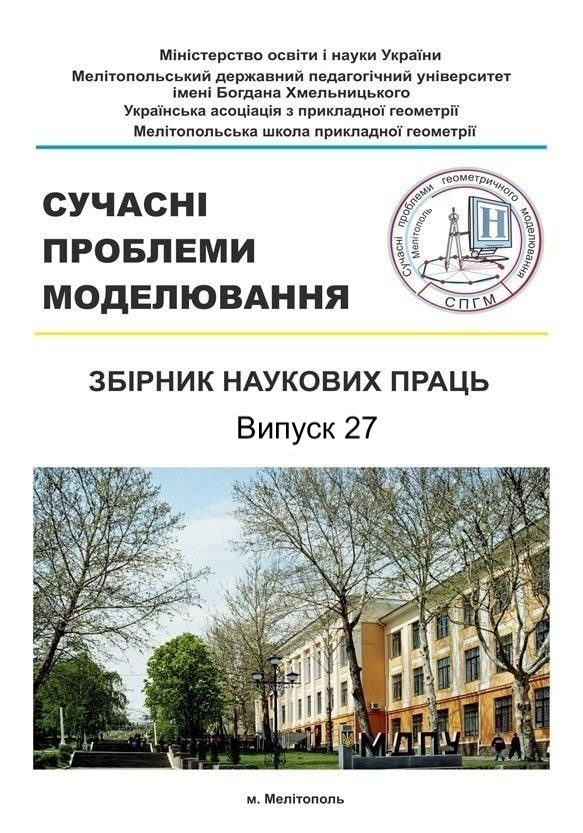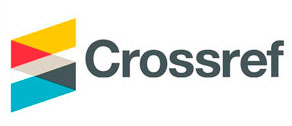ENHANCING COLLECTION PERFORMANCE IN SOFTWARE THROUGH MEMORY SNAPSHOT ANALYSIS AND MATHEMATICAL MODELING
Abstract
In the realm of modern software development, foundational libraries are critical for enabling developers to build efficient and reliable systems. These libraries, serving as the bedrock of software architecture, must deliver consistent performance and compatibility across diverse applications. However, the rigid requirements for interface stability and predictable behavior can restrict opportunities for optimizing these core components, particularly in usage scenarios that were not initially prioritized during design.
One significant challenge arises from the inaccurate estimation of memory usage within hash collections, a common feature in many foundational libraries. When caches or hash-based collections are employed, the actual memory footprint can be underestimated, leading to inefficient use of resources. This misjudgment not only impacts memory management but also inflates the operational costs associated with running software, particularly in environments where resource efficiency is paramount.
Additionally, the technical overhead of hash collections contributes to these costs. Hash tables and dictionaries, for example, rely on hash algorithms that distribute keys across a series of buckets. To minimize hash collisions—situations where multiple keys map to the same bucket—these collections often allocate more memory than immediately necessary, creating a buffer to enhance performance under heavy load. However, this strategy results in underutilized memory and can lead to significant inefficiencies, particularly when dealing with large datasets or when memory is at a premium.
The compounded effect of inaccurate memory estimates and the inherent overhead of hash collections can lead to suboptimal software performance. In critical applications, this can translate into increased operational expenses and reduced system efficiency. Addressing these issues requires a deeper understanding of the technical costs associated with hash collections and the development of new methodologies for accurately estimating memory usage in these contexts.
This research aims to explore the optimization of hash collections by focusing on the accurate assessment of memory usage and the reduction of technical overhead. By developing improved models for memory estimation and identifying strategies to mitigate the costs associated with hash-based data structures, this work seeks to enhance the overall efficiency of software systems, ensuring that they remain competitive and resource-efficient in a demanding technological landscape.
Keywords: performance, collections, hash collections, mathematical modelling, memory snapshot, optimization, recommendation system.




